
183 people have watched this webinar. Of those, 34 have contributed $473 so far. Our goal is $1,000.
A conversation about clean energy, green space and direct action to address climate change. Register now for the virtual workshop and to receive our special issue magazine, “The 20 Best Solutions of 2020.”
December 10, 2020
Four years of science denial and regulatory backtracking have amplified the urgency to confront climate change. Absent national leadership, cities and communities have once again taken the lead in promoting nimble approaches to sustainability, renewable energy and environmental progress. For this event we will talk about some of the innovative ideas and promising solutions for energy and the environment that Next City has reported on this year.
The best of these approaches center environmental justice in underserved neighborhoods and empower low-income communities. Join us to hear more about innovations that include: electric school buses that reduce diesel pollution and send energy back to the city grid while charging; versatile and temporary installations that turn vacant properties into healthy, usable public spaces; programs that give low-income residents increased access to renewable energy; and more.
This program will take the form of a group discussion hosted by the event moderator, followed by an audience Q&A.
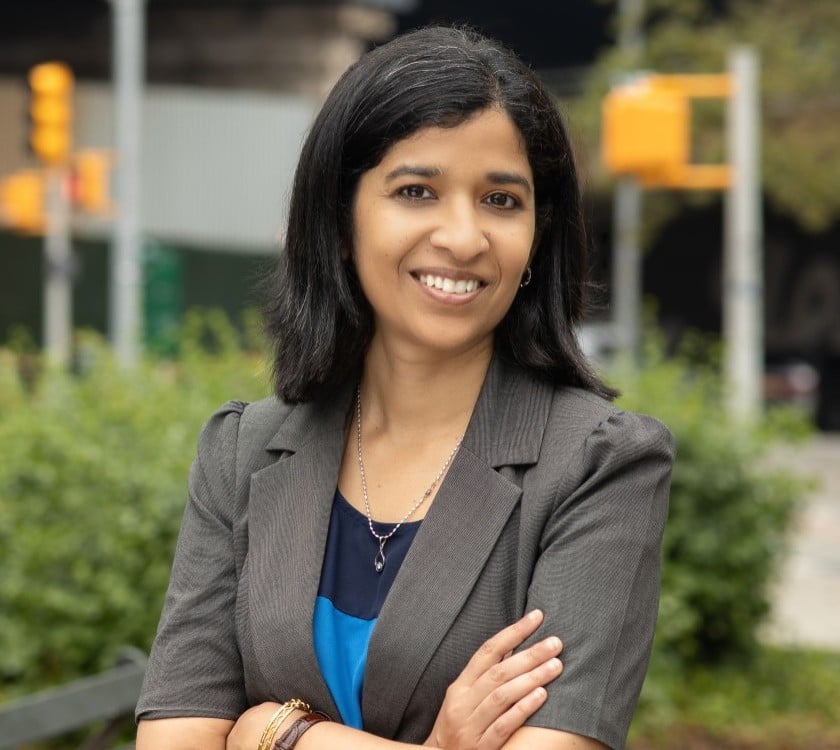
Deepali Srivastava
Senior Director of Content at Global Gateway Advisors and Sustainability Writer
Deepali Srivastava is a content strategist and writer. As a senior director in the communications firm Global Gateway Advisors, she helps organizations tell clear and compelling stories on complex economic and policy issues. She is a sustainability reporter and columnist whose work has appeared in Next City, strategy+business.com, Forbes, CNBC.com, and MSNBC.com. She is the founder of WritefullyOurs, a social enterprise that facilitates writing workshops for urban youth in partnership with educational and cultural organizations.
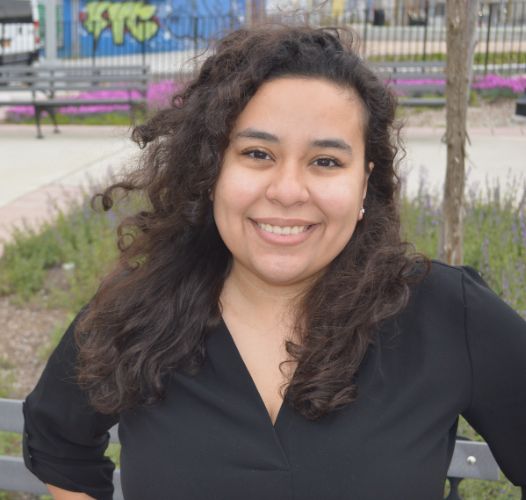
Daphany Rose Sanchez
Kinetic Communities Consulting
Daphany Rose Sanchez is a New York native who has been passionately working as an energy equity advocate. Daphany founded Kinetic Communities Consulting in 2017, NYC 1st Minority and Women Benefit Corporation. She founded her organization when she saw the representation gap in the energy sector and knew something had to be done. Kinetic Communities advocates and implements strategic energy equity market transformations for diverse New York communities. Kinetic Communities has received recognition for their vital work, ensuring front line communities and people of color are a priority in a just clean energy transition.
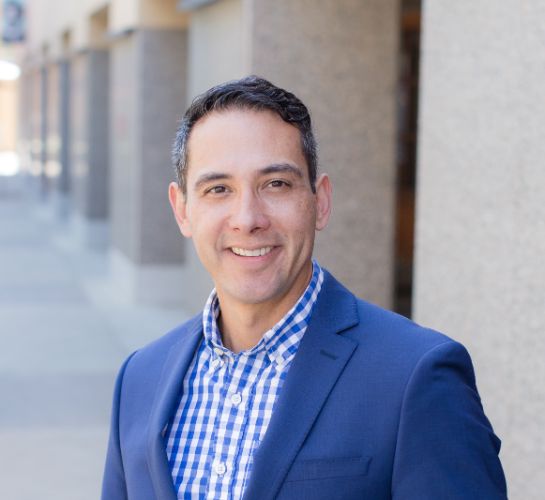
Michael Mendez
Assistant professor of environmental policy and planning at the University of California, Irvine.
Dr. Michael Mendez is an assistant professor of environmental policy and planning at the University of California, Irvine. He previously was the inaugural James and Mary Pinchot Faculty Fellow in Sustainability Studies at the Yale School of Forestry and Environmental Studies. Michael has more than a decade of senior-level experience in the public and private sectors, where he consulted and actively engaged in the policymaking process. This included working for the California State Legislature as a senior consultant, lobbyist, gubernatorial appointee, and as vice chair of the Sacramento City Planning Commission. During his time at UC Irvine and Yale, he has contributed to state and national research policy initiatives, including serving as an advisor to a California Air Resources Board member, and as a participant of the U.S. Global Change Research Program’s workgroup on “Climate Vulnerability and Social Science Perspectives.” Most recently, Michael was appointed by the National Academies of Sciences, Engineering, and Medicine to the Board on Environmental Change and Society (BECS). He also serves as a panel reviewer for the National Academies of Sciences’ Transit Cooperative Research Program (TCRP). Michael holds three degrees in environmental planning and policy, including a PhD from UC Berkeley's Department of City and Regional Planning, and a graduate degree from MIT. His research on the intersection of climate change and communities of color has been featured in national publications including Urban Land (published by the Urban Land Institute); the Natural Resources Defense Fund Annual Report; the American Planning Association’s Planning Magazine; Green 2.0: Leadership at Work; USA Today; and Fox Latino News. His new book “Climate Change from the Streets,” published through Yale University Press (2020), is an urgent and timely story of the contentious politics of incorporating environmental justice into global climate change policy.
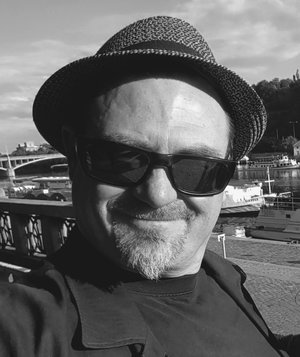
Matthew Tucker
Thomas Jefferson University
I am a designer and teacher with a strong background in ecologically and culturally sensitive site design that is informed by the changing patterns and processes of place. My professional and scholarly interests focus upon our complex relationships with the environment and how these relationships are manifested in both novel and designed postnatural ecologies and hydrologies. I have a particular interest in emerging critical design practices that explore the paradox of human agency in the Anthropocene landscape. Over the past 25 years I have developed a portfolio of built projects, speculative research, field documentation, and classroom instruction. This work is drawn towards post-industrial or post-agricultural sites with complex social, environmental, and ecological histories. These are often contradictory landscapes, where the predominant social narratives, aesthetic values, or scientific tropes have marginalized social communities or overlooked vibrant postnatural ecologies. In response, my design practice and applied research seeks to reframe our perception and appreciation of these landscapes and their inhabitants. I am originally from Sioux City, Iowa with Boston and New England as my adopted “second home”. I was lucky enough to spend much of my formative years exploring the Loess Hills of western Iowa and the ever-changing landscape of the Missouri, Big Sioux and Floyd Rivers. These early experiences had a significant influence on my appreciation of dynamic landscape change and led to a dual major in Landscape Architecture and Environmental Studies from Iowa State University and a Master of Landscape Architecture with Distinction from Harvard's Graduate School of Design.

20th Anniversary Solutions of the Year magazine
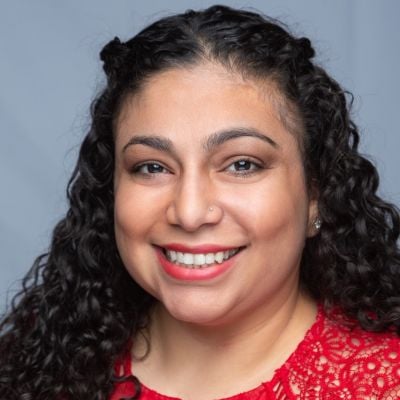
March 15, 2023
_400_400_s_c1.png)
June 8, 2022
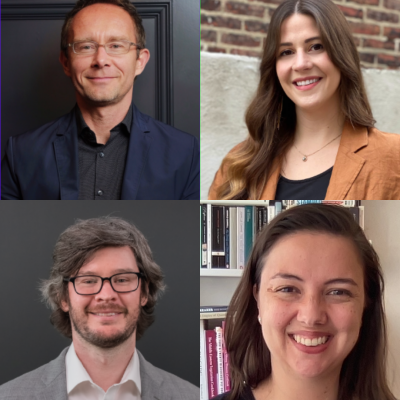
November 18, 2021
_400_400_s_c1.png)
May 24, 2023